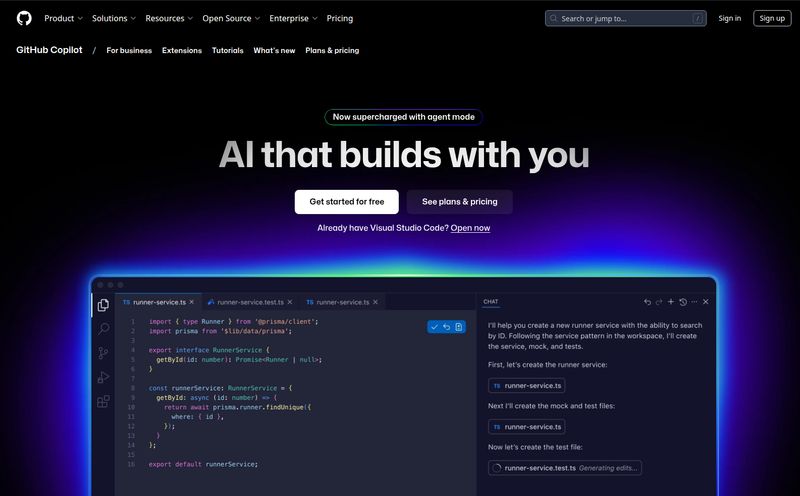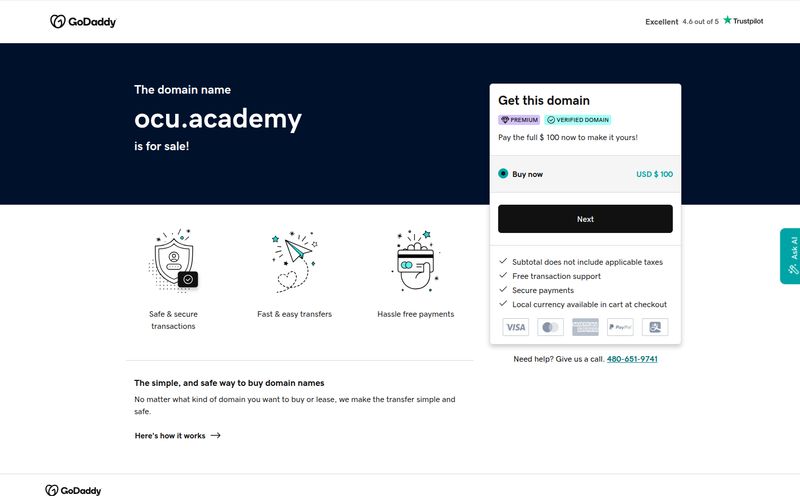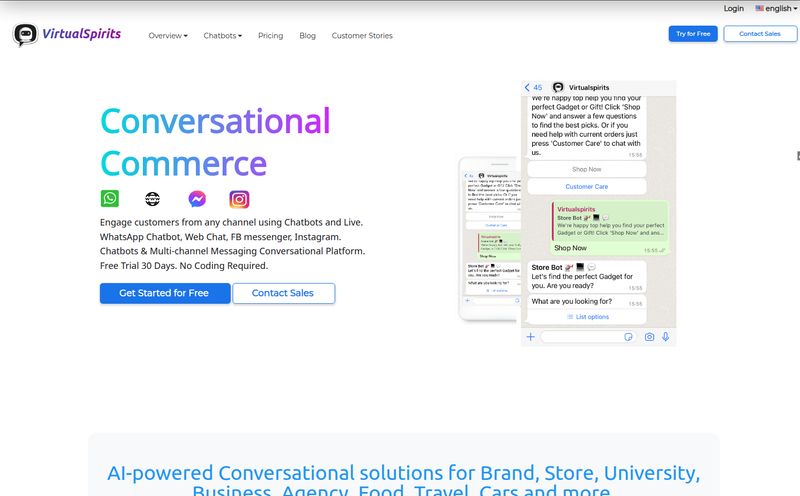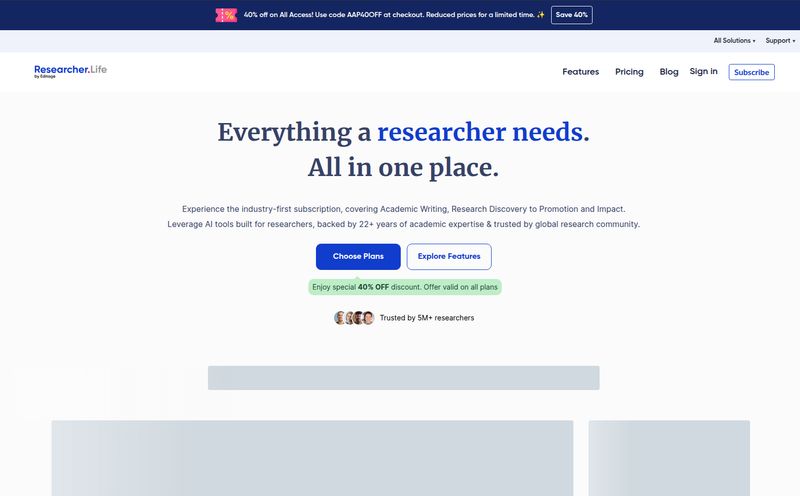If your desktop looks anything like mine, it’s a chaotic graveyard of PDFs, Excel sheets, half-read reports, and downloaded website data. We’re all supposed to be “data-driven,” but most days it feels like we’re just data-drowning. The promise was that information would set us free, but instead we’re buried under it, spending hours with CTRL+F hoping to find that one specific stat from a 300-page report we skimmed three months ago.
It’s a headache. A big one.
Lately, a new breed of AI tools has been popping up, all promising to be the smart assistant that can read everything for us. I've been kicking the tires on a few of them, and one that recently caught my attention was PandaChat. The name is friendly, the logo is a cute panda... but can it actually tame the data jungle? I decided to find out.
So What is PandaChat, Really?
In a nutshell, PandaChat is an AI tool designed to be your personal data expert. You don't just search your documents; you have a conversation with them. You feed it your files—PDFs, Word docs, Excel spreadsheets, images, you can even point it at a website—and it digests all of that information. Then, you can ask it questions in plain English. No complex search queries, no endless scrolling. Just... ask.
Think of it less like a search engine and more like a brilliant research assistant who has a photographic memory and has read every single document you've ever given them. You can ask, “What were the Q3 revenue projections from that one finance report?” or “Summarize the main arguments in all these customer feedback forms,” and it will spit back an intelligent, synthesized answer. That's the dream, anyway.
The Features That Actually Matter
Every tool's website throws a bunch of features at you, but after playing around, a few things really stood out with PandaChat.
It Understands What You Mean, Not Just What You Type
This is all about Natural Language Processing, or NLP. It's a fancy term, but the effect is simple and powerful. It’s the difference between searching for the word “revenue” and getting 500 results, versus asking “How did our new marketing campaign affect revenue?” and getting a direct answer. It understands context and intent. I've been in the SEO game for years, and this is the kind of semantic understanding we've been chasing with search engines. Seeing it applied to my own messy collection of files? It just feels… right.
A Private Playground for Your Data
This is probably the most significant feature for any serious business. We're all a bit jittery about uploading sensitive information to the cloud, right? PandaChat offers an on-premise installation option. This means you can run the whole system on your own servers, behind your firewall. Your data never leaves your control. For industries like finance, healthcare, or legal, this isn't just a nice-to-have; its a deal-breaker. A lot of competitors are cloud-only, so this gives PandaChat a serious edge for the privacy-conscious crowd.
My Experience: The Good, The Bad, and The Puzzling
Okay, let's get into the nitty-gritty. No tool is perfect, and my time with PandaChat was a mix of genuine 'wow' moments and a few head-scratchers.
The speed is genuinely impressive. I fed it a chunky 150-page market analysis PDF that would've taken me a whole afternoon to properly digest. I asked it to pull the top three market trends for my region, and it gave me a concise, accurate summary in about 15 seconds. That right there is hours of my life I'm getting back. The ability to just dump a whole project folder—with mixed file types—and have it all be part of the same knowledge base is incredibly useful.
However, it’s not a magic wand. The old saying “garbage in, garbage out” is in full effect here. If your data is a mess—think poorly formatted spreadsheets or blurry scanned documents—the AI can get confused. I gave it a really chaotic Excel sheet just to see what would happen, and the answers were… creative. Let's just say that. So, the quality of your output is directly tied to the quality of your input.
Then there are the classic “coming soon” placeholders for some integrations. We've all seen it. It’s a sign of a growing platform, but it can also be a little frustrating when the one feature you really want has that label next to it. And here's the weirdest part: I naturally went to the Chrome Web Store to see if there was an extension to make web crawling or integration easier. And I was met with this:
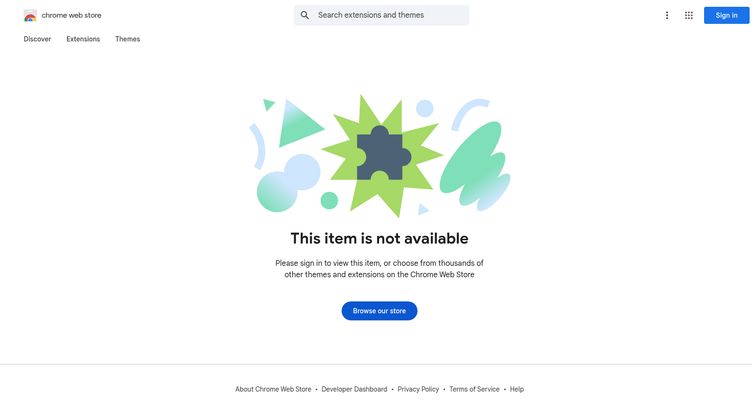
Visit PandaChat
“This item is not available.” Was it there and got pulled? Was it never there to begin with? It adds a layer of mystery and makes it slightly less convenient for those of us who live inside our browsers. A small friction point, but a friction point nonetheless.
Let's Talk Money: The PandaChat Pricing Conundrum
Here we go. My personal pet peeve in the SaaS world: the dreaded “Contact Us for Pricing” button. PandaChat doesn't list its prices publicly. You have to get in touch with them to get a quote.
I get it from their perspective. They're likely targeting enterprise clients with custom needs and on-premise installations, where pricing is complex. But for a smaller business, a consultant, or just someone who wants to try it out, it’s a barrier. I much prefer transparent pricing tiers, even if they seem high. It allows me to quickly assess if a tool is even in my budget's ballpark without having to get on a sales call. This opacity is, in my opinion, its biggest drawback for wider adoption.
Who Should Actually Use PandaChat?
Despite the quirks, this tool is incredibly powerful for the right person. I see a few groups getting massive value from it:
- Research and Academic Teams: Imagine feeding it hundreds of scientific papers and being able to instantly query them for specific findings or methodologies. It’s a research superpower.
- Legal & Compliance Professionals: Need to find a specific clause across thousands of contracts or regulatory documents? PandaChat could turn a week-long task into a coffee break.
- Marketers and SEOs (Hey, that's me!): This is a goldmine. I could upload dozens of competitor site crawls, keyword research reports, and customer surveys. Then I could ask things like, “Which competitor talks about 'data security' the most?” or “Summarize the main pain points from our user surveys.” The strategic insights are right there for the asking.
It’s not for everyone. If you just need to find a file on your computer, your basic OS search is fine. This is for people who need to understand and synthesize information from a large, specific body of documents.
FAQs about PandaChat
- What is PandaChat in simple terms?
- It's an AI chatbot that you train on your own documents and websites. You can then ask it questions in plain English to find information and get summaries without having to read through everything yourself.
- What kinds of files does PandaChat work with?
- It supports a wide range of formats, including PDFs, Word Docs, Excel spreadsheets, images, and you can even have it crawl and learn from entire websites.
- Is PandaChat safe for my company's private data?
- Yes, this is one of its main strengths. It offers an on-premise installation, which means the software runs on your own servers and your sensitive data never has to be uploaded to a third-party cloud.
- How much does PandaChat cost?
- The pricing isn't public. You need to contact the company directly for a quote, as they seem to focus on customized solutions for businesses.
- Can I get a PandaChat browser extension?
- Currently, it seems not. The listing on the Chrome Web Store shows as “not available,” so for now, it operates as a standalone platform rather than a browser-integrated tool.
- Does PandaChat replace Google?
- Not at all. Google is for searching the public internet. PandaChat is for searching your own private, uploaded collection of information. They solve two very different problems.
Final Thoughts
PandaChat is a potent tool that sits right at the intersection of powerful AI and practical business needs. It's not perfect—the pricing mystery and missing extension are real hurdles. But the core value proposition is rock-solid: turning your mountain of disorganized information into an intelligent, conversational database. For any professional who feels like they’re paid to read, a tool like this isn't just a novelty; it's the future of how we're going to work. It’s definitely one to keep an eye on.
Reference and Sources
- While the official website wasn't provided, tools like this often use a direct domain. Research points towards a likely home at
pandachat.aifor more information. - Context on extensions was gathered from the Chrome Web Store main portal.
